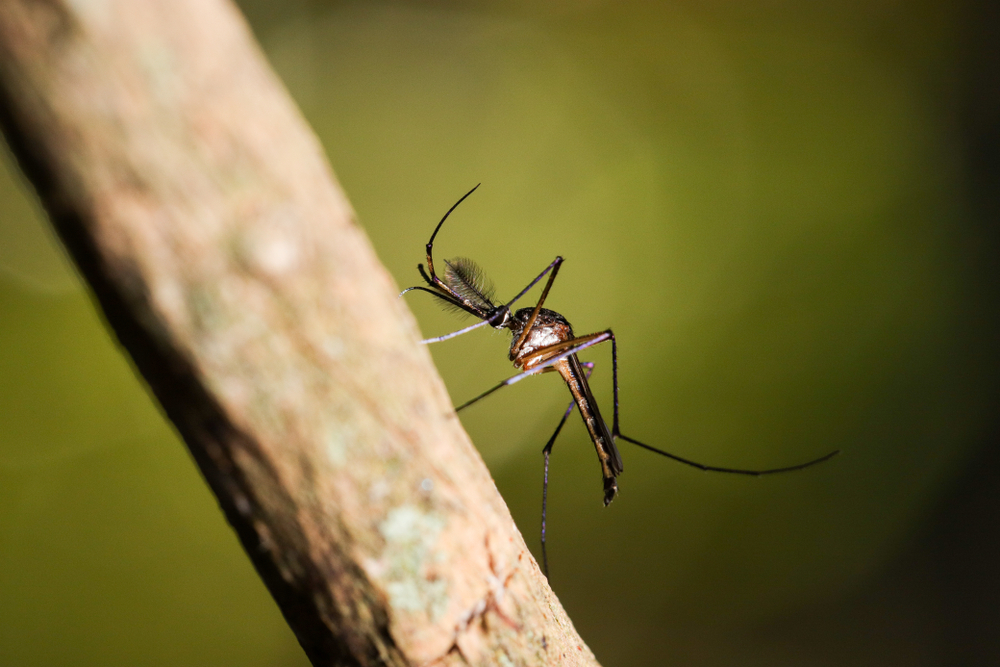
A group of organizations jointly released guidance concerning mosquito-based diseases.
The International Atomic Energy Agency (IAEA), the Food and Agriculture Organization of the United Nations (FAO), the Special Programme for Training and Research of Tropical Diseases (TDR) and the World Health Organization (WHO) released the Guidance Framework for Testing the Sterile Insect Technique as a Vector Control Tool against Aedes-Borne Diseases.
The document was crafted by 15 experts from 12 countries. The TDR, the WHO, and the IAEA’s technical cooperation program and Peaceful Uses Initiative financed the development of the guidelines and the publication of the paper.
“One of the great values of this guide is that it harmonizes the SIT approach and its application for all IAEA Member States who are interested in adding an environmentally-friendly tool to their tool kit to reduce the vector that carries diseases,” Patricia Godoy-Kain, IAEA’s program management officer, said.
Godoy-Kain is overseeing a related regional project in Latin America and the Caribbean.
A vital component of the guidance is the Sterile Insect Technique (SIT) – an insect birth control method in which radiation is used to sterilize male mosquitoes. They are then released to mate with wild females, resulting in no offspring.
Over time, officials said the process leads to a decline in the mosquito population and the diseases they carry.




